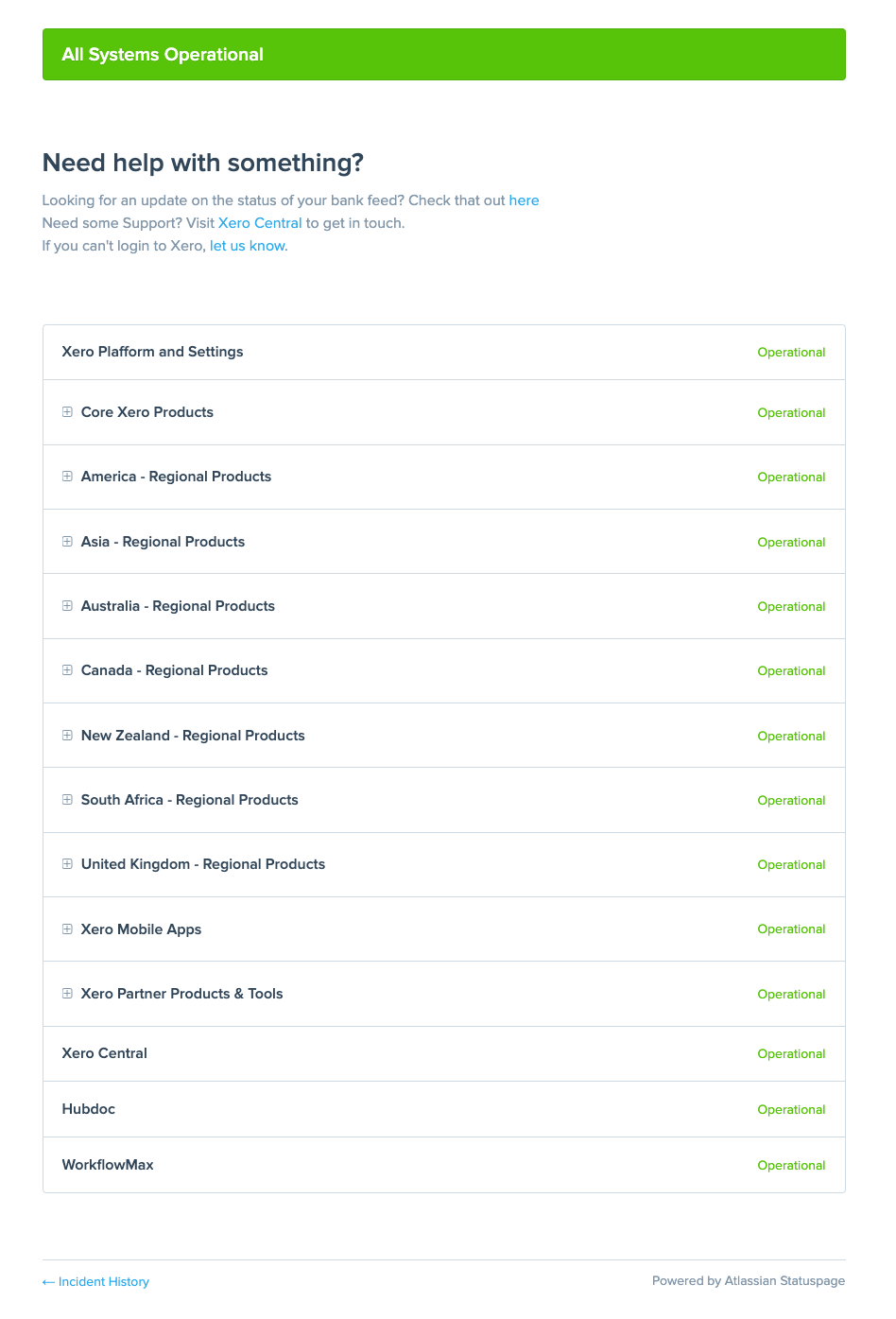The GDP fell another 0.9% (annual rate) in the 2nd quarter, signally the economy is now heading toward full recession, as the economic conditions continue slowing. Businesses are struggling to fill vacancies and supply chain disruptions are still the norm. With diverse challenges today, automation is a more valuable tool than ever before.
As business decision-makers shift their focus toward implementing cost-saving strategies that drive profit potential, prioritizing internal workflow patterns and processes is critical for growth and prosperity. Accounting activities – AP management, payroll, and tax reporting, for example – provide opportunities to enhance profit potential in these challenging times.
Advantages of Automating Accounting Functions
Reducing operational costs through automation is a proven strategy that delivers both short and long-term advantages for businesses. Consider the following benefits.
Better Labor Cost Control
With fewer high-quality, entry-level accounting professionals in the talent pool available, recruiting and onboarding staff is difficult, at best, especially when small firm budgets cannot compete with large organizations competing for the best-available candidates.
Switching from manual processes to a fully automated accounting system reduces time spent on routine tasks, reducing the daily workload for workers. Less stress improves satisfaction, which improves retention rates. This means companies have more accurate records and lower payroll costs as workflow becomes more efficient and faster.
Enhanced Efficiency
Manually processing accounting activities by nature is time-intensive. Slower processing means accounts payable processing slows vendor payments, which could negatively impact pricing and add unnecessary late fees to your costs. Delayed customer billing hinders efficient cash flow management, resulting in limited cash available for emergencies and debt reduction when needed.
Automation enhances efficiency in an organization. Time diverted from mundane tasks allows high-value employees to focus on improving company performance with advanced analytics that reveal ways to maximize employee man-hours to lower operating costs, improve accuracy and meet compliance benchmarks – such as filing tax reports on time, avoiding penalties and late fees.
Improved accuracy with fewer employees
It is common knowledge that manual data entries are often corrupted by human error. Mistakes – such as double posting and transposed digits – impact bank account balances, payroll data, and customer invoices. Erroneous financial statements provide a false snapshot of a company’s financial health and lead to poor buying and business decisions. These errors make it impossible to create working budgets and allocate resources based on prior spending and anticipated changes in the slowing economy.
Automated accounting software, such as NetSuite, provides better data quality. High-quality data that pulls numbers directly from diverse departments ensures financial statements, payroll records, and inventory files are 100% accurate. No human auditing or data entry corrections are required. This means your company can get the same work done in less time and with fewer employees.
Tighter Risk Management
Lackluster risk management and inefficiencies within your company’s workflow make your organization vulnerable to fraud. Posting errors create nightmares for accounting staff and customers. Double billing errors lower customer confidence and may lead to poor customer reviews, which drive away potential clients.
Tightening financial controls with automation protects your brand. Plus, using software that compares purchase orders to inventory receipts prevents vendors from overcharging you for goods or services. Automation also empowers business leaders to establish buying limits and other criteria that ensure preferred vendors are used for specific products or services. This functionality means only certain employees have the authority to order supplies that meet company quality and price benchmarks.
NetSuite’s automated accounting capabilities include:
General Ledger
Enables asset allocation, depreciation, and amortization. It allows customized revenue recognition rules for individual deliverables. Supports automatic journal entries with criteria-based transaction matching.
AP/AR
Enables accurate invoicing, recurring payments processing, generating billing statements, subscription fee management, receipts processing, purchase order controls, and goods and service receipt confirmation. The NetSuite AR module also includes account aging features that reduce write-offs with customizable automated billing and reminder schedules.
Monthly Closing
- Smart automation flags bank account discrepancies automatically compare bank records to journal entries and identify line items that need “human eye review.”
- Transactions are automatically reviewed and flagged when open invoices do not match receipts.
- Sales activities are compared to purchase orders through internal automated processes, simplifying all ledger reconciliation activities.
- Streamlines financial statement generation, periodic tax reporting, and compliance management.
Want to learn more about accounting automation and how prioritizing accounting automation now with NetSuite can help you achieve your financial goals? Contact AccountingDepartment.com today to learn more about our client accounting services and software offerings.





